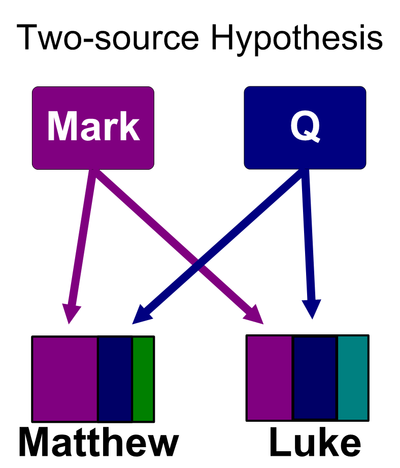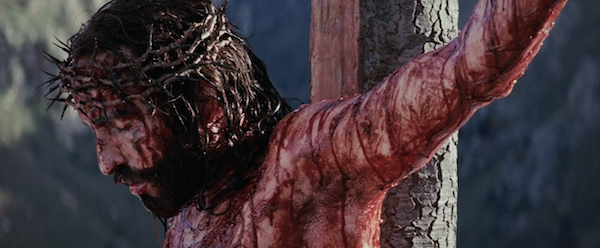What the Q?
“Q” is the name given by theologians and historians to the hypothetical document which would account for the common material found in the Gospels of Matthew and Luke, but which are not found in Mark:

Although I think the existence of the Q source is a distinct possibility, I’ll admit that I’ve grown very weary with all the modern scholarship which takes its existence as Gospel (so to speak) and who seem to enjoy developing more and more elaborate theories concerning its existence.
Given this, I simply have to share the following quotation which Joseph Heschmeyer put up a quotation on Facebook yesterday:
“I must admit, though, that the affirmation of Q’s existence comes close to exhausting my ability to believe in hypothetical entities. I find myself increasingly skeptical as more refined and detailed theories about Q’s extent, wording, community, geographical setting, stages of tradition and redaction, and coherent theology are proposed. I cannot help thinking that biblical scholarship would be greatly advanced if every morning all exegetes would repeat as a mantra:
“Q is a hypothetical document whose exact extension, wording, originating community, strata, and stages of redaction cannot be known.” This daily devotion might save us flights of fancy that are destined, in my view, to end in skepticism.”
– J.P. Meier, “A Marginal Jew: Mentor, Message, and Miracles”



